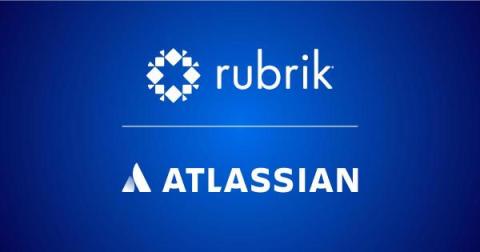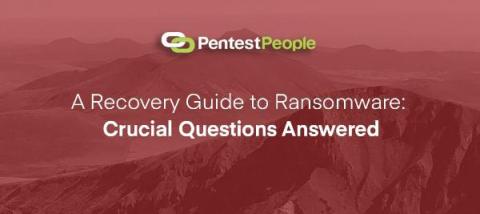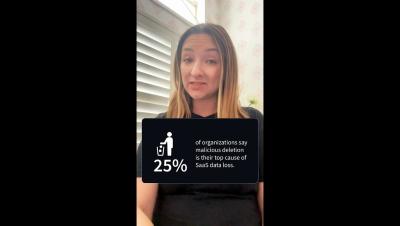Security | Threat Detection | Cyberattacks | DevSecOps | Compliance
Malware
The Alarming Threat of Ransomware: Insights from the Secureworks State of the Threat Report 2023
In the ever-evolving landscape of cybersecurity, the battle against ransomware has taken a concerning turn. According to the latest findings from Secureworks annual State of the Threat Report, the deployment of ransomware is now occurring within just one day of initial access in more than half of all engagements.
New York Unit of Worlds Largest Bank Becomes Ransomware Victim
The ransomware attack on ICBC Financial Services caused disruption of trading of U.S. Treasuries and marked a new level of breach that could have massive repercussions. When we saw the attack on the Colonial Pipeline back in 2021, the impact was felt throughout the Southeast United States. Any attack on key businesses that keeps an economy running will have some form of impact should the attack be successful.
Supply-chain ransomware attack causes outages at over 60 credit unions
Over sixty credit unions across the United States have been taken offline following a ransomware attack at one of their technology providers - demonstrating once again the damage that can be caused by a supply-chain attack. There are a few moving parts here, so here’s a quick summary: Trellance - A provider of solutions and services used by credit unions, and the parent company of FedComp. FedComp - a provider of software and services that enable credit unions to operate around the world.
Cloud Threats Memo: A Parasite Exploiting Legitimate Cloud Services
Malicious browser extensions are a common attack vector used by threat actors to steal sensitive information, such as authentication cookies or login credentials, or to manipulate financial transactions.
Ransomware is relentless: what can you do to protect against it?
Not only is ransomware on the rise, but this type of malware is also growing more sophisticated and professionalized, which is a cause for concern for both organizations and users.
Criminals Are Cautious About Adopting Malicious Generative AI Tools
Researchers at Sophos have found that the criminal market for malicious generative AI tools is still disorganized and contentious. While there are obvious ways to abuse generative AI, such as crafting phishing emails or writing malware, criminal versions of these tools are still unreliable. The researchers found numerous malicious generative AI tools on the market, including WormGPT, FraudGPT, XXXGPT, Evil-GPT, WolfGPT, BlackHatGPT, DarkGPT, HackBot, PentesterGPT, PrivateGPT.
Rubrik Expands SaaS Data Protection to Atlassian Jira Cloud: Now Available
A Recovery Guide to Ransomware: Crucial Questions Answered
Recovering from a Ransomware attack requires a systematic approach to minimise damage and restore normal operations efficiently. The following steps are crucial in the recovery process.









